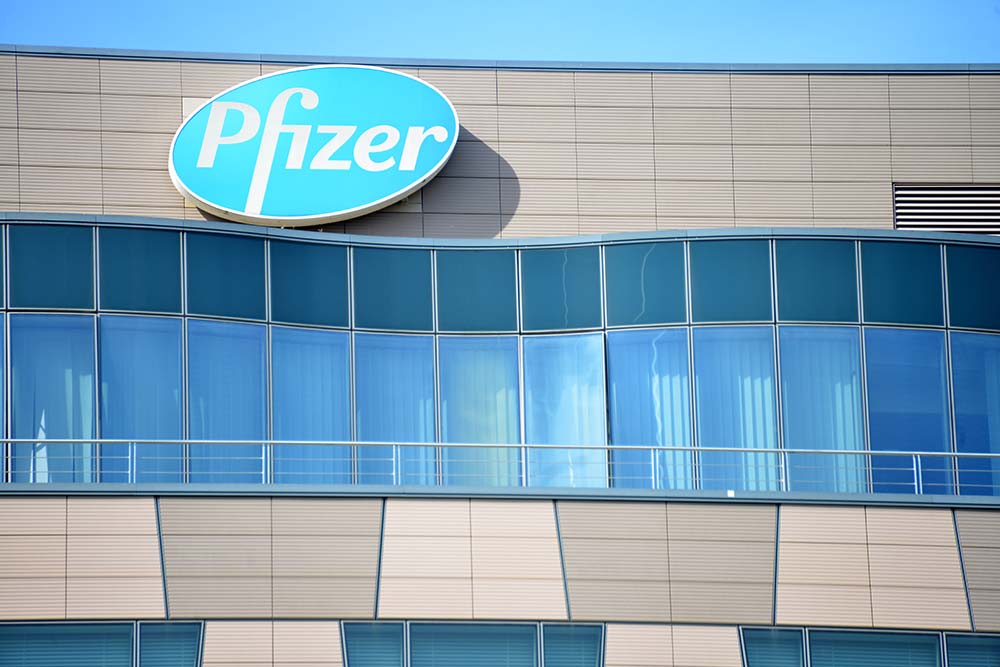Last week, a number of you messaged me to extend a warm welcome back and to congratulate me on my new role here at The Oxford Club.
Many thanks to all of you for your kind words and encouragement. It certainly feels good to be back at the Club, and I look forward to sharing my honest thoughts with you, as I’ve always done in years past.
In addition to the niceties, I also received many requests to run certain stocks through The Value Meter. Today’s stock is one such example.
Pfizer (NYSE: PFE), one of the world’s largest drugmakers, became a Wall Street darling during the pandemic as demand surged for its COVID-19 vaccine and booster shots. But now, with that health crisis mostly behind us, shareholders have seen their fortunes reverse.
Since hitting an all-time high a couple of years ago, Pfizer’s stock price has been cut in half, reverting to pre-pandemic levels. This steep drop now has many investors wondering whether Pfizer has “value” written all over it.

However, it’s important not to mistake a lower price for inherent value. Let’s look more closely at the company’s financials to see why.
Again, as global demand for its COVID-related products has waned, Pfizer’s revenues and EBITDA (earnings before interest, taxes, depreciation and amortization) have unsurprisingly retreated back to their pre-pandemic levels.

You can see that the company’s growth in both revenue and EBITDA was tepid for several years before spiking during the pandemic.
Meanwhile, free cash flow generation has been steadily deteriorating for the past couple of years, and it has now fallen significantly below pre-pandemic levels.

Simply put, both the euphoria and the exceptional financial performance that buoyed Pfizer’s stock price have vanished. And investors know it. Hence the sell-off.
The deep cut in the stock price means the market is rightfully pricing in the post-pandemic reality of Pfizer’s core business, which happens to look a lot like it did before the pandemic.
But I don’t think the stock is quite at the point of being undervalued yet.
Pfizer’s price-to-cash flow ratio of 19.3 is roughly equal to the industry average of 18.2. Its price-to-book ratio of 1.6 also approximates the average of 1.5 for all publicly traded stocks.
But in terms of sales, earnings and cash flow growth, the company pales in comparison with many of its peers, which offer better opportunities to grow your capital.
While the stock is much cheaper today than it has been over the past two years, Pfizer does not appear meaningfully undervalued.
The Value Meter rates shares of Pfizer as being “Appropriately Valued.”

Be excellent,
Anthony
P.S. In the weeks ahead, I will be updating The Value Meter to better reflect my own research and my approach to finding the best value opportunities in the market. My hope is that these updates will make my ratings even more accurate and will make identifying undervalued gems – and avoiding overinflated traps – even simpler.
As always, if you have a stock that you’d like to have rated by The Value Meter, leave the ticker symbol in the comments section below.
